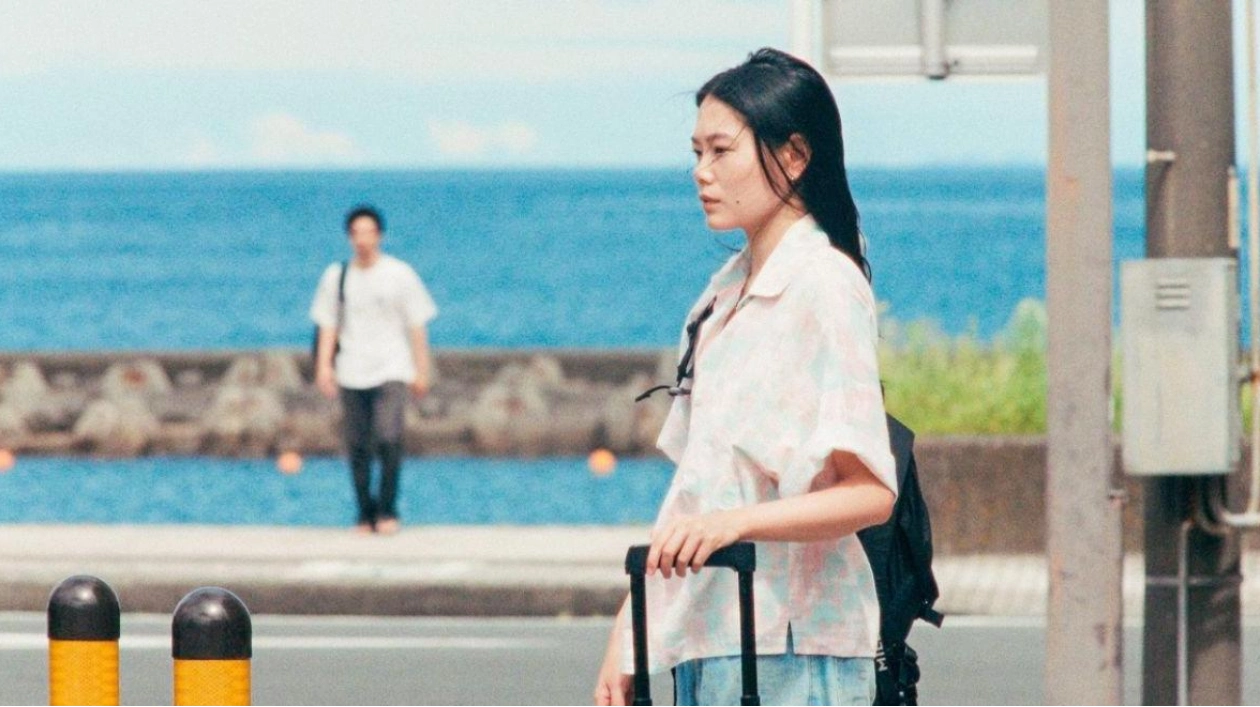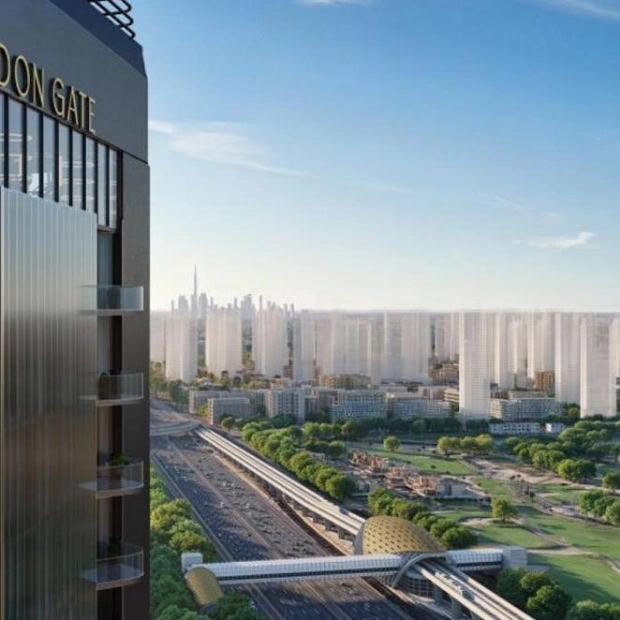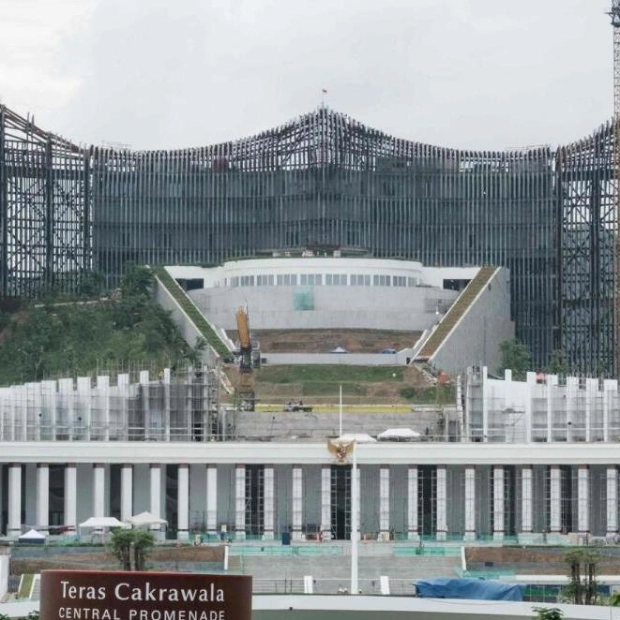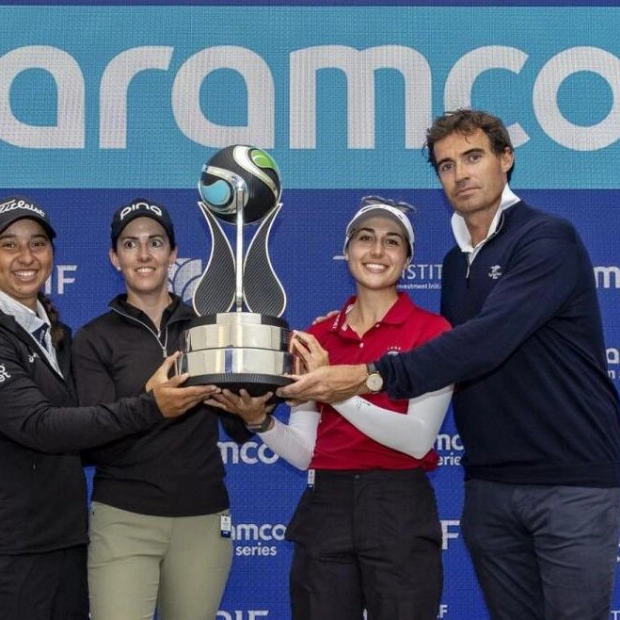“When I was a journalist, I had the chance to interview filmmakers. I attended the Berlinale and was deeply inspired by the city’s transformation,” recalls Hrönn Marinósdóttir. “I felt that Reykjavík needed something similar.” In 2004, Marinósdóttir’s dream materialized when she co-founded the Reykjavík International Film Festival (RIFF), which she continues to direct. Euronews Culture visited RIFF 2024 (26 September-10 October) to explore Iceland’s unique film landscape and RIFF’s pivotal role within it.
Initially focusing on Icelandic filmmakers abroad, RIFF has evolved into Iceland’s foremost film event and a significant stop on the European film circuit. The festival has attracted notable figures, including Head of Programming Frédéric Boyer, who is also the artistic director of the Tribeca Festival and the Les Arcs European Film Festival. This year’s RIFF featured esteemed guests like actress Nastassja Kinski, director Bong Joon-ho, and Greek filmmaker Athina Rachel Tsangari.
Beyond the big names, RIFF is celebrated for championing independent cinema, particularly through its New Visions competition. This year, French-Japanese co-production Super Happy Forever (2024) by Kohei Igarashi won the Golden Puffin. RIFF also offers unique experiences like drive-in cinemas and film-gastronomic events, such as a screening of Alfonso Arau’s Like Water for Chocolate paired with a special menu by vegetarian restaurant Sónó Matseljur.
RIFF aims to bridge Icelandic cinema with the global film community. Its ‘Icelandic Panorama’ showcases the best of new independent Icelandic cinema, while the Industry Days program invites filmmakers worldwide to discuss diverse topics. “We organize Industry Days to introduce the international film industry to Iceland’s film scene,” explains Marinósdóttir.
Local filmmaker Ólafur Ólafarson appreciates RIFF’s energy and the opportunity to connect with emerging talent. “What I’m witnessing is truly exciting for the future of Icelandic filmmaking,” he says. RIFF’s inclusivity extends to unexpected screening locations like swimming pools and caves, fostering a community feel.
Despite Reykjavík being home to around 60% of Iceland’s population, Marinósdóttir and Boyer ensure RIFF’s impact reaches beyond the capital. “We work with existing cinemas, libraries, and send films to teachers for classroom use,” Marinósdóttir says.
RIFF’s development mirrors Iceland’s growth as a filmmaking hub, attracting international productions like Star Wars: Rogue One and Prometheus. The 25% rebate for filmmakers has made Iceland a sought-after destination. “We introduce the industry to the possibility of shooting here,” Marinósdóttir emphasizes.
RVK Studios, owned by filmmaker Baltasar Kormákur, is a significant draw. The studio offers full production services and has hosted projects like Star Trek Discovery and The Witcher. Kormákur aims to provide great conditions for Icelandic filmmakers.
Montreal-based filmmaker Pascal Payant chose Iceland for his feature All Eyes On Me, citing the breathtaking landscapes and minimal costs. “You can’t go wrong with production value in such an environment,” he says.
RIFF’s challenges reflect those of the broader Icelandic film industry. “There’s frustration in the air,” Marinósdóttir notes. “The film industry faces significant cuts, with the Icelandic Film Fund potentially being reduced by 40%.” Kormákur believes the situation is more complex, with 40% of the funding going to Icelandic productions.
For Ólafarson, the real gold lies in works deeply rooted in Icelandic culture. “Making films in Iceland is a paradox driven by artistic will,” he affirms. “We do it because we love it, need it, and demand it.”






